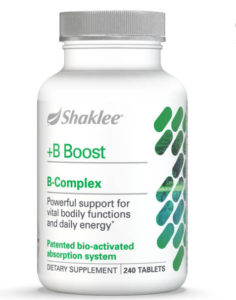Stress and Zentangle
Category: Healthy Body

Is your stress killing you? The evidence is in, and the answer is yes. Does that give you even more stress? 60-90% of all doctor visits are stress related. Don’t panic, there are things you can do to help reduce stress. But first, let’s talk about what happens to your body when you are under stress.
When a stressful event occurs first the brain activates the hypothalamic-pituitary area. The brain sends a signal to the adrenal glands to release stress hormones, specifically adrenaline, and cortisol. These hormones give you an acute energy boost. It also increases your heart rate and blood pressure. Stress registers in the amygdala, which is deep in the temporal region of the brain. This triggers an emotional response, which is usually fear.
Fat stored energy is converted to usable fuel in the form of free fatty acids. Blood flow is diverted away from the skin so that it can support the heart and muscle tissue. Cortisol curbs other nonessential functions so that energy can be available for muscles. Some of these systems will actually shut down. Two systems that are extremely vulnerable are the digestive and the immune system. This is all good if you are running from a bear. It is the fight or flight response.
Unfortunately, this is happening continually every day for some of us. You see there is supposed to be a final phase. This is called the relaxation response.
This is when your body systems normalize. But we just keep going from one stress event to another, and the cortisol just keeps circulating in the bloodstream. We never get to the relaxation response. So it is no wonder that there are so many people suffering from digestive issues.
If dementia is a concern for you, cortisol in the body for too long is toxic to brain cells. It increases anger, fatigue, and depression. It causes shrinkage of the hippocampus and memory loss. It contributes to the breakdown of bone, which leads to osteoporosis.
Excess cortisol has a tendency to have you store more fat, especially around the abdomen. This belly fat produces other hormones that raise blood pressure and increase LDL cholesterol. The excess fat and glucose that was sent to work in the bloodstream cause damage to the lining of the arteries. This is a set up for plaque, which we know is a contributor to strokes and heart disease.
Why am I telling you this? Because I think it is important for you to realize that being under constant stress, your body will start to breakdown. Once you really get that, you will be able to start taking steps to healing. There are some simple things that you can do to reduce stress in your life:
1. Meditate – There is evidence that people who meditate have more grey matter in the brain.
2. Count to 10 – It will help you step away from the moment mentally.
3. Breathe – Slow deep breathing helps bring your heart rate and respiration back to normal.
4. Do things that you enjoy – It sounds simple, and it is. Get a hobby. Maybe that is Zentangle!
5. Laugh and don’t sweat the small stuff.
6. Take time for you – Get a massage. Whatever will relax you.

7. Take your supplements. My go-to stress supplement is B-Complex. As a society, we are over-fed and under-nourished. About half of all American adults have one or more preventable, diet-related chronic disease. But that is a topic for another day. Your health is your number one asset. Protect it.



Facebook Comments